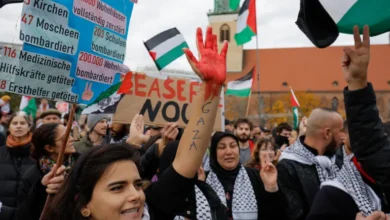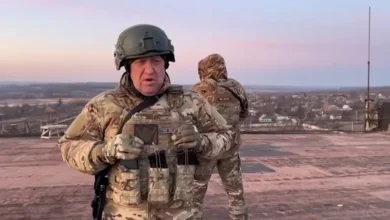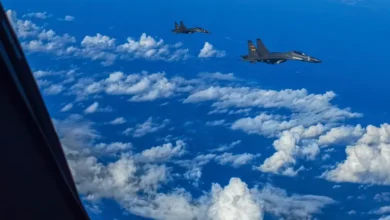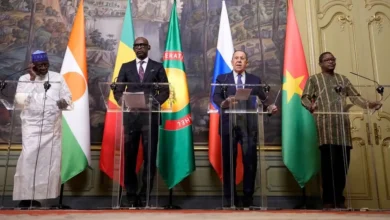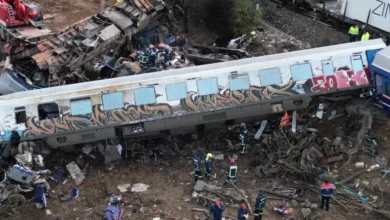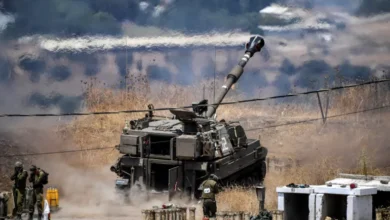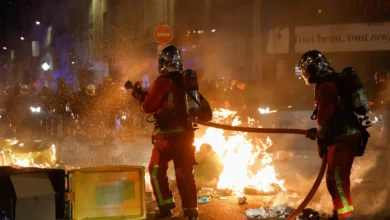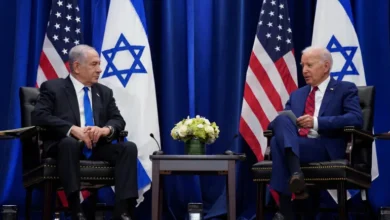Sudan’s army, Rapid Support Forces sign 7-day ceasefire
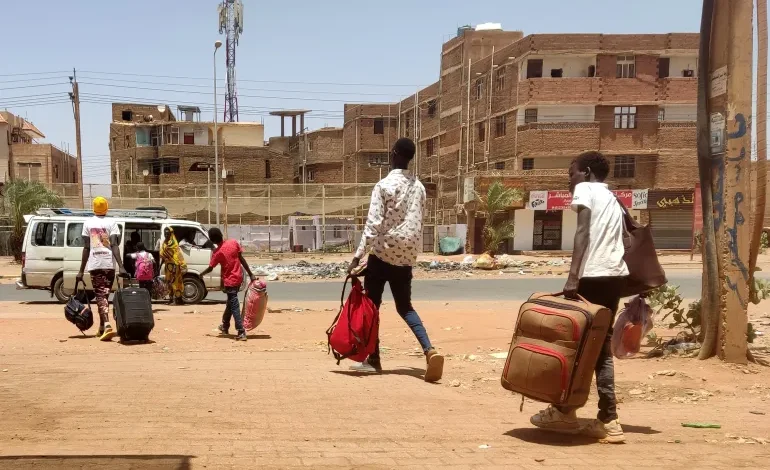
Warring factions in Sudan have agreed to a seven-day ceasefire following talks in the Saudi Arabian city of Jeddah, according to a statement from Washington and Riyadh, as fighting that has killed hundreds and displaced more than a million entered its sixth week.
The ceasefire agreement was signed late on Saturday.It will take effect 48 hours after, at 9:45pm local time (19:45 GMT) on Monday, the sponsors of the talks, the United States and Saudi Arabia, said in their joint statement.
Numerous previous ceasefire agreements were violated. However, this agreement will be enforced by a US-Saudi and international-supported monitoring mechanism, the statement said without providing details.
The agreement also calls for distributing humanitarian assistance, restoring essential services and withdrawing forces from hospitals and essential public facilities.
“It is past time to silence the guns and allow unhindered humanitarian access. I implore both sides to uphold this agreement — the eyes of the world are watching,” US Secretary of State Antony Blinken said.The fighting between Sudan’s army and the paramilitary Rapid Support Forces (RSF) has plunged the country into chaos. Stocks of food, cash and essentials are rapidly dwindling, and mass looting has hit banks, embassies, aid warehouses and even churches.
Will this truce hold?
Al Jazeera’s Hiba Morgan, reporting from the capital’s twin city, Omdurman, said the agreement will freeze the conflict, with the warring sides allowed to hold on to their current positions.“The Rapid Support Forces will keep control of the presidential palace and the army keeps control of its headquarters, the General Command of the Armed Forces. As for the airport, the RSF has more control of the facilities there, so they will keep that,” she said.
But the Sudanese people — who are in desperate need of humanitarian assistance — were deeply sceptical of the agreement, said Morgan.
“People say that they are not sure if this ceasefire will hold. They’ve seen how previous ceasefires have played out. And they say that until Tuesday or Wednesday, when and if they do not hear the sound of artillery in their neighbourhoods and when and if they see humanitarian aid, then they will know if there’s an actual ceasefire.”Some of the attacks took place near the state broadcaster in Omdurman, the witnesses said.
“We faced heavy artillery fire early this morning, the whole house was shaking,” Sanaa Hassan, a 33-year-old living in the al-Salha neighbourhood of Omdurman, told the Reuters news agency by phone.
“It was terrifying, everyone was lying under their beds. What’s happening is a nightmare,” she said.
The RSF is embedded in residential districts, drawing almost continual air attacks by the regular armed forces.
